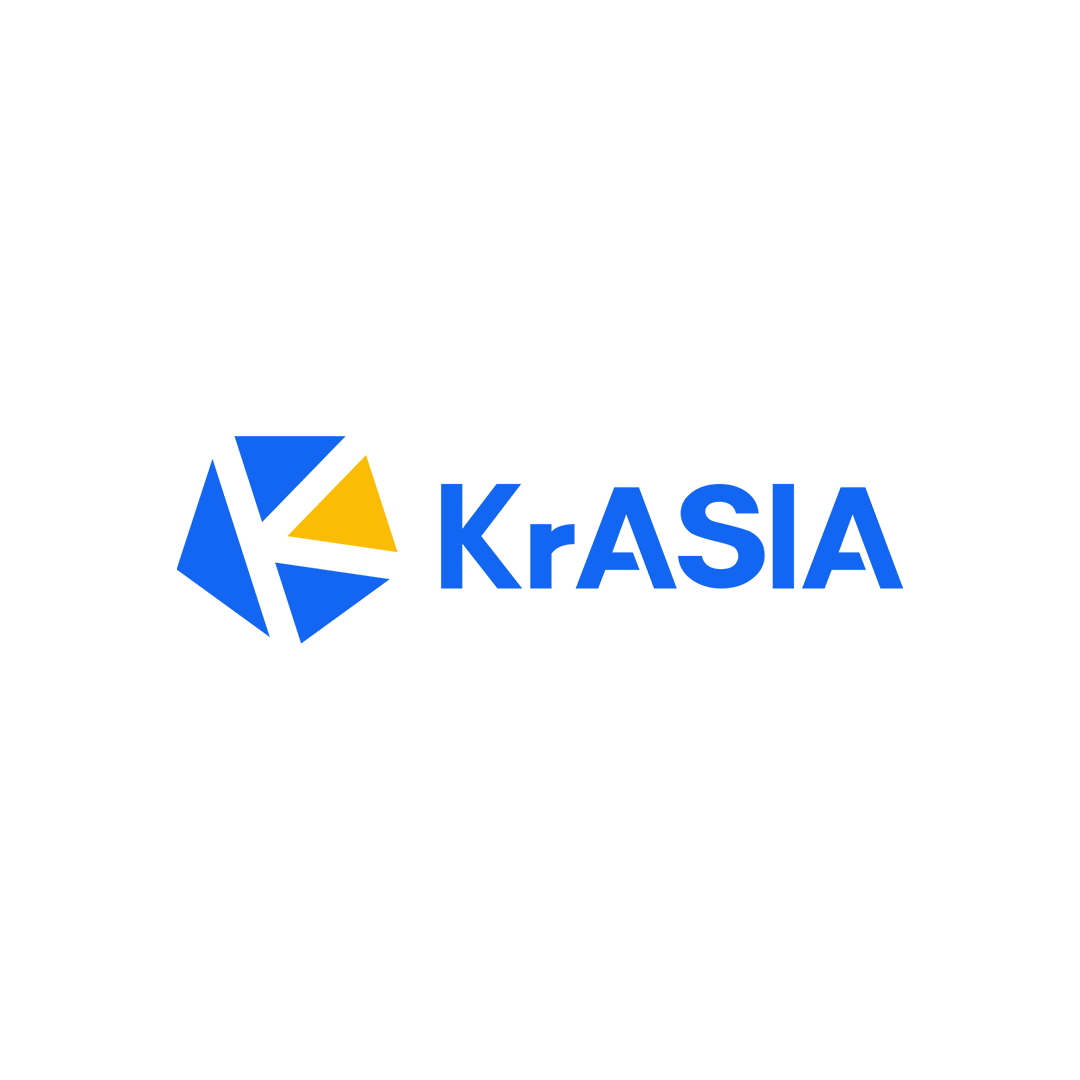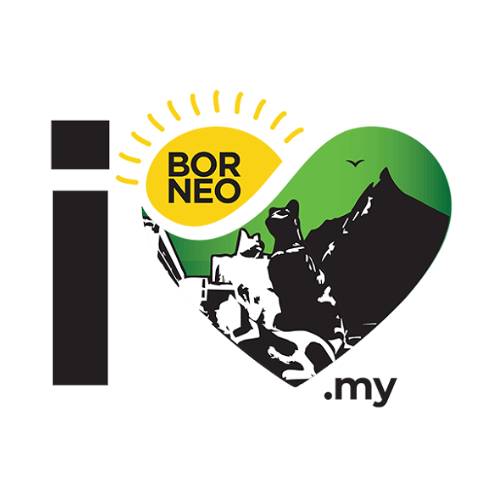Coinbase arm seeks Southeast Asia foothold with baht, peso stablecoins
1 day ago
Transactions with stablecoins backed by local currencies will be the way to mass adoption of blockchain technology in Southeast Asia, said an executive of global cryptocurrency giant Coinbase.
At present, Coinbase Exchange has no plans to enter Southeast Asian jurisdictions, but its wallet business as well as its blockchain platform Base are aiming to reach mass markets in Thailand and the Philippines by enabling local developers to build products that will eventually support baht and peso stablecoins.
“When you bring a local currency ‘onchain,’ it solves a few problems. One, it makes it easier for people to onboard without the complexity of changing your worldview about money,” said Jesse Pollak, founder of Base and head of Coinbase Wallet, referring to transactions that are processed on a blockchain. “If you have a Thai baht stablecoin, it’s literally the same money but just faster, cheaper, and easier to use.”
Cryptocurrencies like bitcoin and Ethereum are digital assets that are minted on blockchains and issued independently of governments and central banks. Historical volatility has raised the profile of cryptocurrencies, with the price of a single bitcoin nearing USD 100,000 since the election of Donald Trump, whose incoming US administration is viewed as tolerant of crypto.
Stablecoins pegged to gold or a government-backed currency are, in theory, less volatile. USD Coin, which is pegged to the dollar, is not supported by the US government, but in October, Thai regulators approved the first cross-border payments solution using stablecoins. The Philippine central bank also approved a pilot program by Coins.ph of a peso stablecoin in May.
“Regulators are, rightly, a little bit nervous when you talk about onchain—are you really just talking about dollarizing our economy?” Pollak said. “But it’s this new technology that can help modernize and upgrade legacy systems in every country.”
Pollak spoke with Nikkei Asia after visiting Thailand for the Southeast Asian leg of Devcon, an expo organized by Ethereum, the blockchain underlying the world’s secondmost traded cryptocurrency.
At Devcon, non-Thai participants were allowed to convert dollar stablecoins to baht stablecoins without foreign exchange fees and make payments through Rubie, a new stablecoin wallet from Siam Commercial Bank built on Base. Base is a second layer on top of the Ethereum blockchain where developers can create apps and process transactions.
Pollak said SCB would assess the pilot program with regulators in order to secure approval for a full rollout.
Thailand pioneered digital payments in Southeast Asia with PromptPay, the government-backed QR code payments system. But only Thai nationals or foreign residents with local bank accounts can use the system, barring the nearly 30 million tourists that visit Thailand each year.
“You want to grow the economy but when you have tourists or folks who are traveling for work, they are locked out of those best-in-class systems and they have to resort to converting their cash into Thai baht and paying a fee,” Pollak said. “That’s actually a pretty difficult challenge right now that stablecoins can help to overcome.”
Pollak said Base was looking to hire country leaders in Thailand and the Philippines to coordinate with developers, content creators, regulators, and mass market users of its apps and wallet.
While interest in cryptocurrencies is high among Thai retail investors seeking greater returns than traditional assets and securities, many suffered losses in the crypto crash of 2022 that felled Zipmex, which had been the country’s second largest exchange. Zipmex was replaced last year by Binance, Coinbase’s global rival. Binance secured its first digital asset exchange license in Southeast Asia from Thailand.
“If you look at the history of crypto, it has been very speculative. When things are going up, there’s a lot of positive energy, but if things go down, negativity and fear proliferates. So one of the biggest things we’re focused on is shifting it so it’s not about speculation, but about utility,” Pollak said.
This article first appeared on Nikkei Asia. It has been republished here as part of 36Kr’s ongoing partnership with Nikkei.
...Read the fullstory
It's better on the More. News app
✅ It’s fast
✅ It’s easy to use
✅ It’s free









